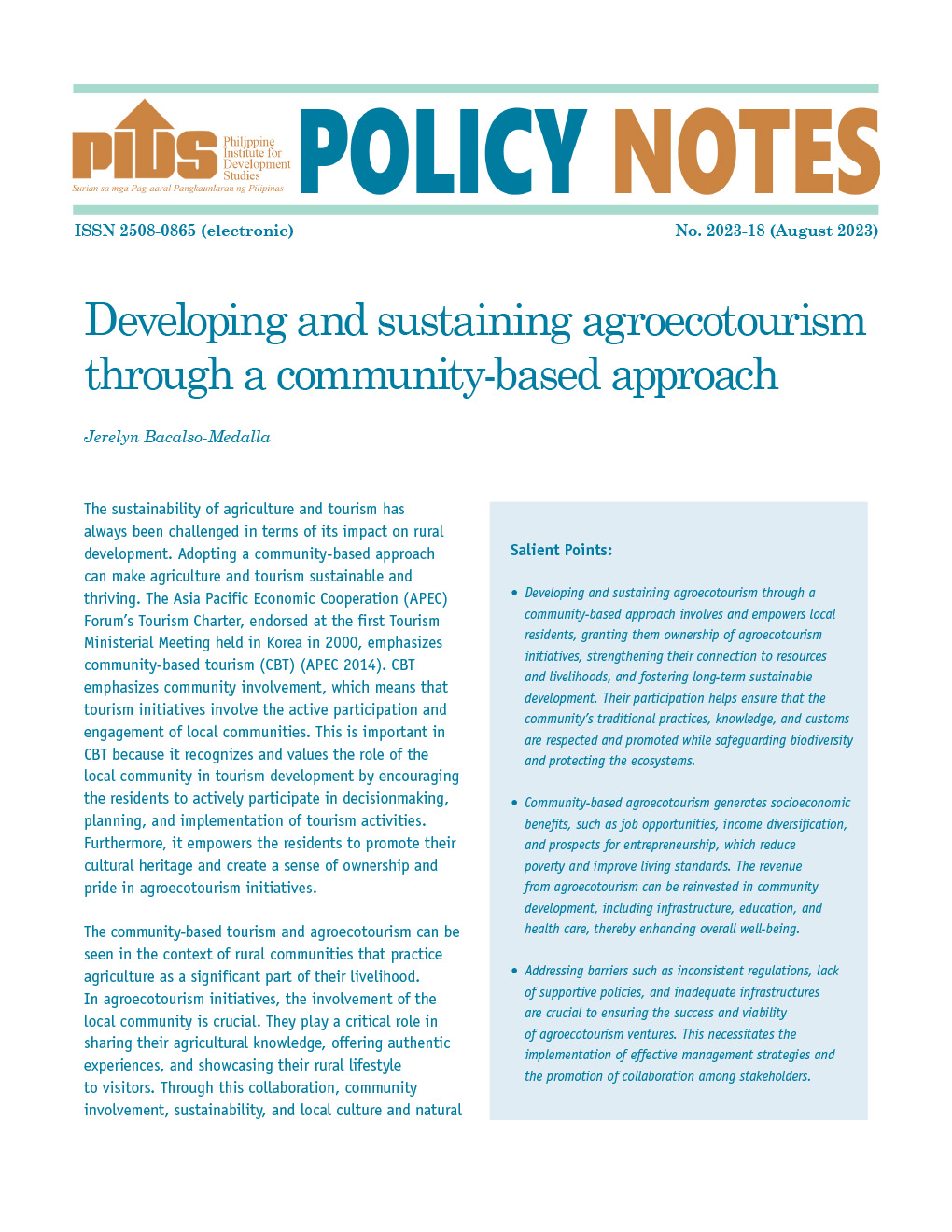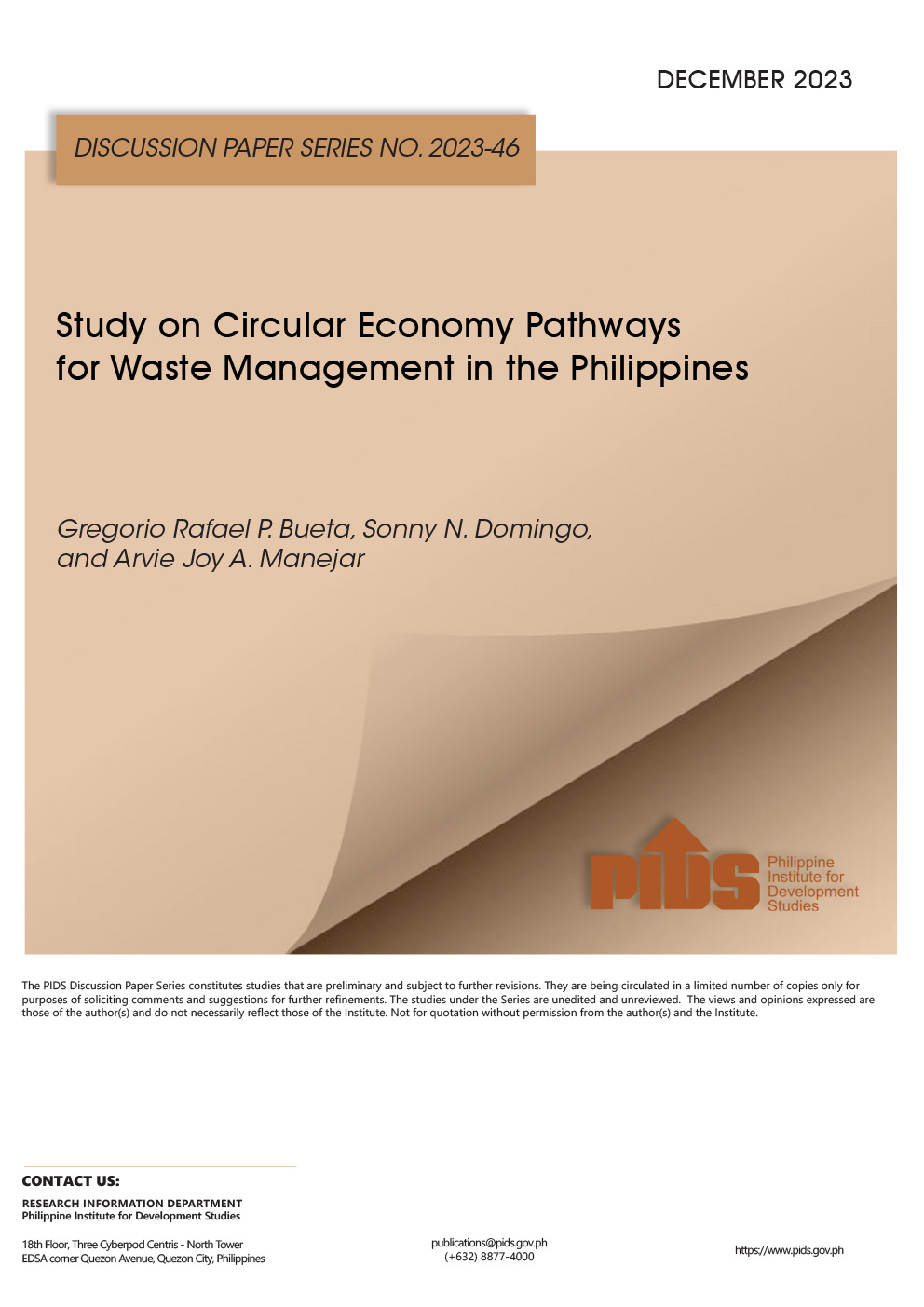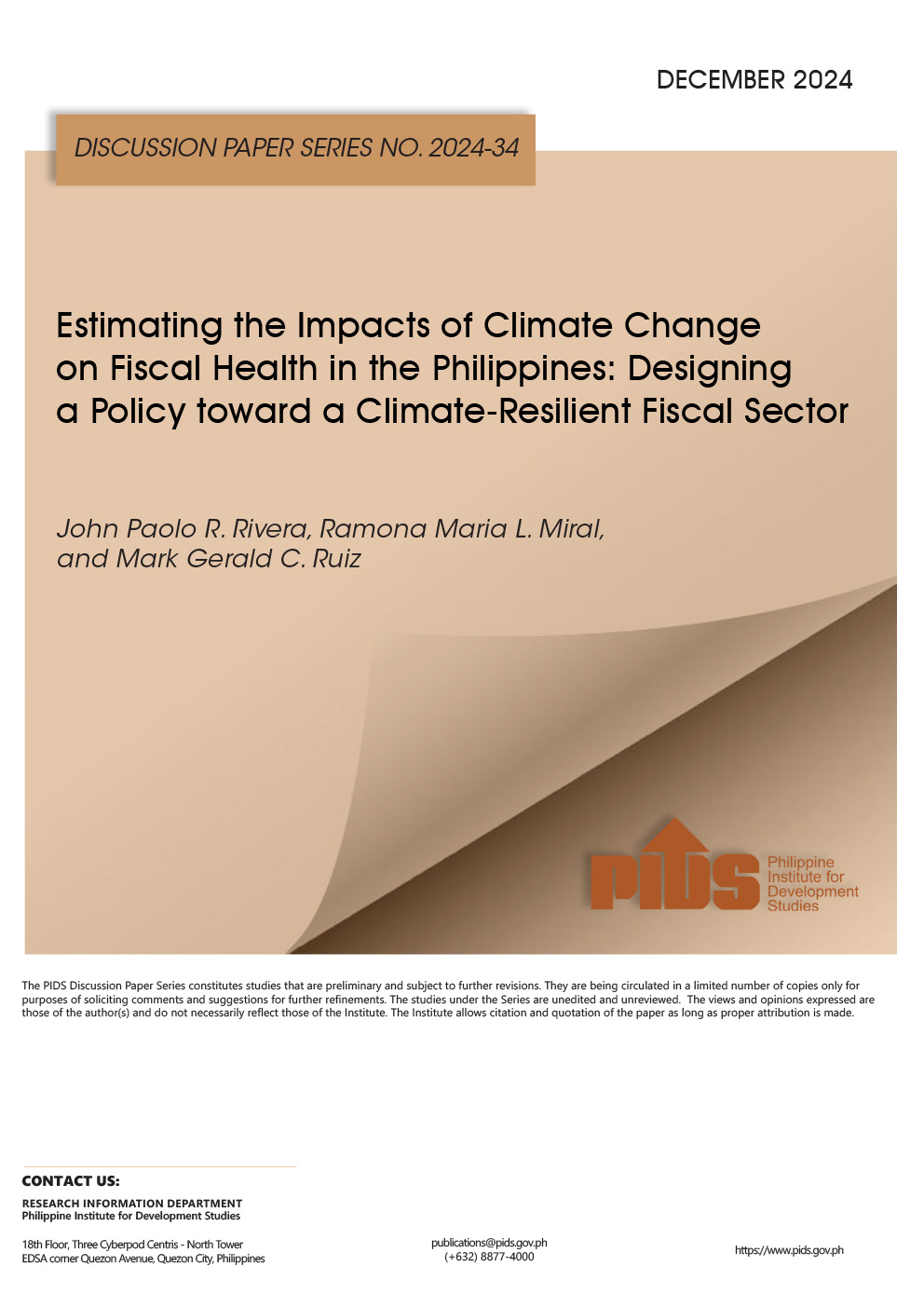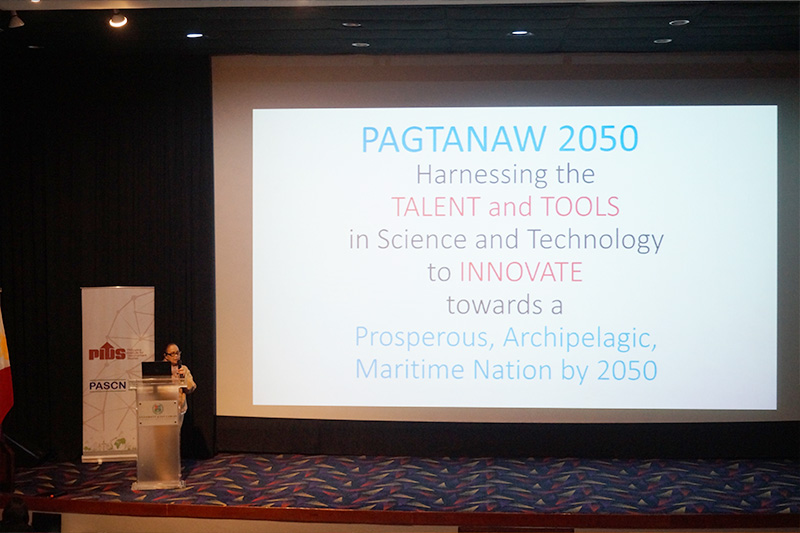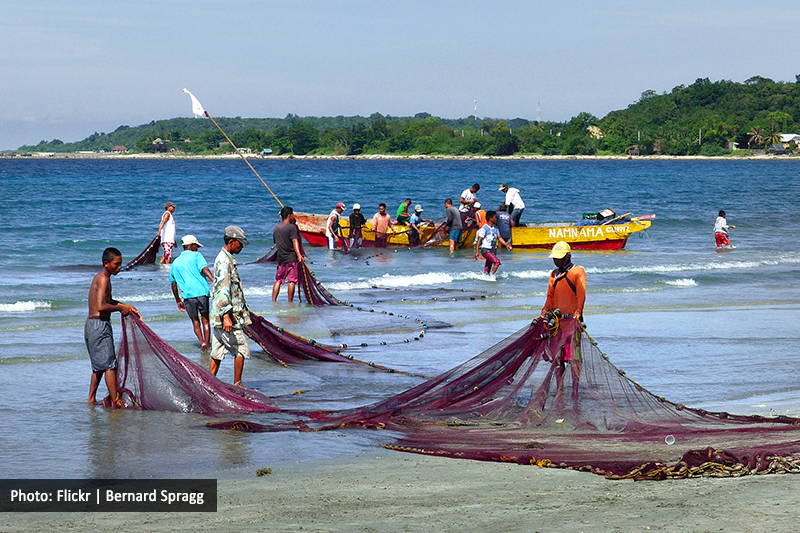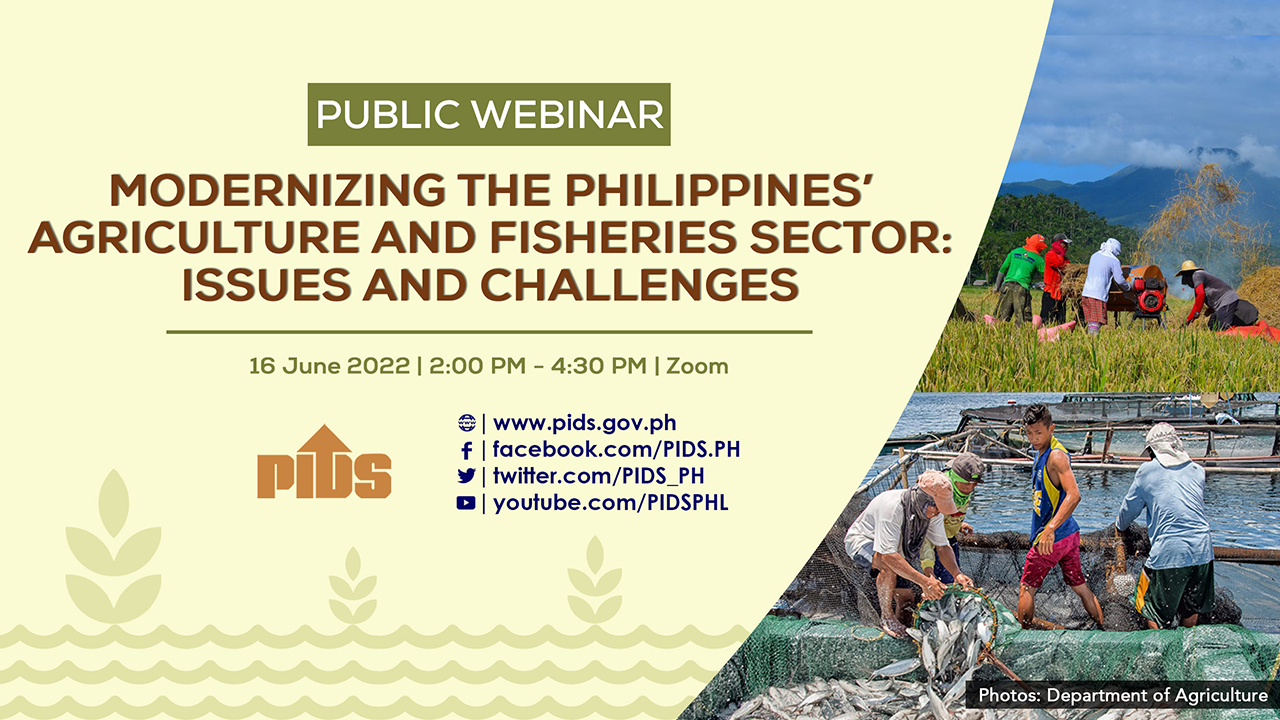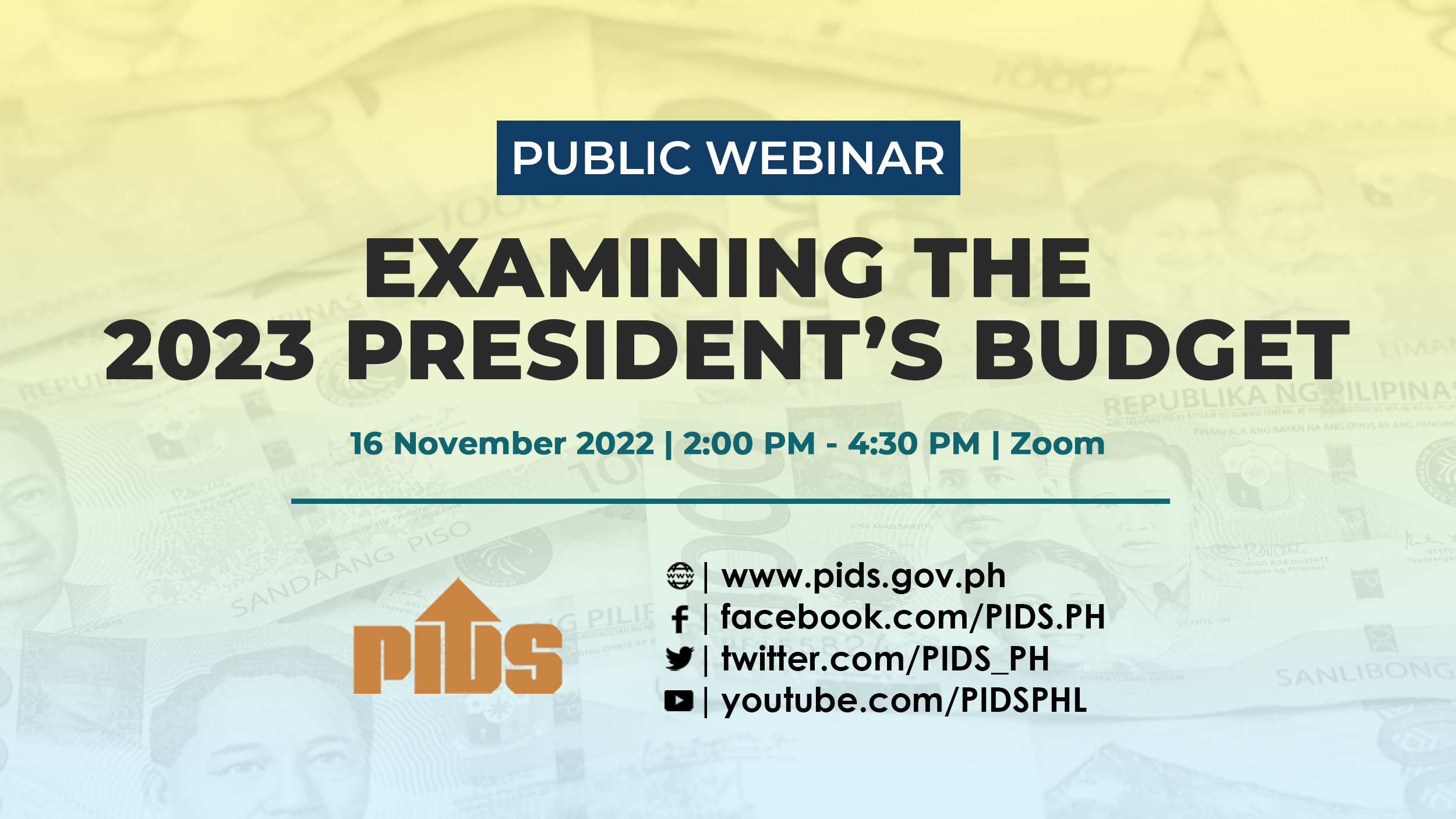The existing regulatory framework for the country’s tuna industry appears to be burdensome making it less competitive in the global set-up, a state think tank said.<
According to a recent study of the Philippine Institute for Development Studies (PIDS), the government should relax regulations in the tuna industry which are deemed too cumbersome.
In terms of business registration alone, PIDS found a number of steps and requirements that need to be simplified to shorten the process.<
At present, tuna investors have to comply with the requirements and certifications set not just by their local government units (LGUs) but also by the different regulatory bodies, which makes the whole process costly and tedious especially for small fish operators.
Complying with the registration and licensing requirements is difficult for fishing vessels, especially since some of the regional offices of MARINA (Marine Industry Authority) and BFAR (Bureau of Fisheries and Aquatic Resources) may be not in the same city or municipality,” the PIDS said.
PIDS said the processing stage seemed to be too long as tuna companies have to ensure compliance with the standards set by the BFAR and the Food and Drug Authority (FDA).These include essential composition and quality factors, standards for food additives and contaminants, proper packaging and labelling practices and methods of sampling, among others.
The final stages of marketing and distribution are also no easy feat for companies as their exports need to undergo various laboratory tests depending on the requirements of the importing country,” PIDS said.
The costly trainings to become a qualified person in industry regulatory affairs that are provided by the FDA are also posing challenges for industry players,” it added.
Other regulatory inefficiencies that surfaced are inadequate staffing, lack of proper and effective communication and consultation mechanism between parties and inconsistent application of regulations.
background-image: initial; background-position: initial; background-size: initial; background-repeat: initial; background-attachment: initial; background-origin: initial; background-clip: initial;"
The think tank is now urging regulatory agencies to make use of technology to expedite their processes such as mobile registration and licensing, as well as incentive provision to LGUs involved.
According to a recent study of the Philippine Institute for Development Studies (PIDS), the government should relax regulations in the tuna industry which are deemed too cumbersome.
In terms of business registration alone, PIDS found a number of steps and requirements that need to be simplified to shorten the process.<
At present, tuna investors have to comply with the requirements and certifications set not just by their local government units (LGUs) but also by the different regulatory bodies, which makes the whole process costly and tedious especially for small fish operators.
Complying with the registration and licensing requirements is difficult for fishing vessels, especially since some of the regional offices of MARINA (Marine Industry Authority) and BFAR (Bureau of Fisheries and Aquatic Resources) may be not in the same city or municipality,” the PIDS said.
PIDS said the processing stage seemed to be too long as tuna companies have to ensure compliance with the standards set by the BFAR and the Food and Drug Authority (FDA).These include essential composition and quality factors, standards for food additives and contaminants, proper packaging and labelling practices and methods of sampling, among others.
The final stages of marketing and distribution are also no easy feat for companies as their exports need to undergo various laboratory tests depending on the requirements of the importing country,” PIDS said.
The costly trainings to become a qualified person in industry regulatory affairs that are provided by the FDA are also posing challenges for industry players,” it added.
Other regulatory inefficiencies that surfaced are inadequate staffing, lack of proper and effective communication and consultation mechanism between parties and inconsistent application of regulations.
background-image: initial; background-position: initial; background-size: initial; background-repeat: initial; background-attachment: initial; background-origin: initial; background-clip: initial;"
The think tank is now urging regulatory agencies to make use of technology to expedite their processes such as mobile registration and licensing, as well as incentive provision to LGUs involved.

